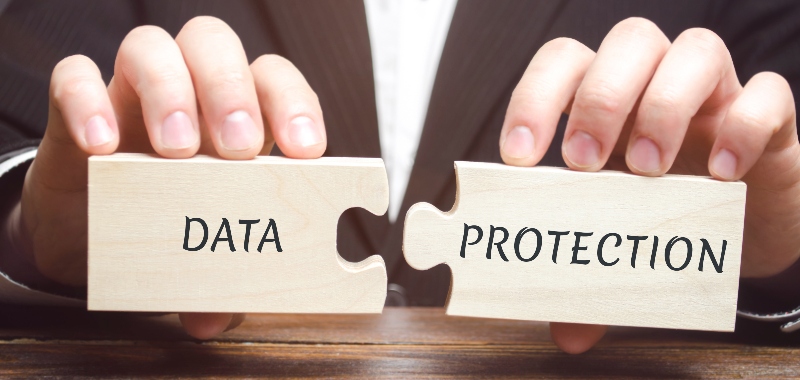
The importance of signing a NDA (Non Disclosure Agreement)
The NDA stands for “non-disclosure agreement”.
What is an NDA?
An NDA is a contract or agreement, in which two or more parties (persons or entities) agree not to disclose the information they exchange for a period of time, usually determined, keeping it secret.
Confidentiality is usually signed bidirectionally, affecting both parties or a larger number in the case of several signatories, but it can also be unidirectional, when only one of the parties is determined to maintain the confidentiality of the information exchanged.
In turn, these confidentiality agreements can be signed between companies, between individuals or between companies and individuals, with the most common subjects being: companies, collaborators, investors, employees, franchisees, manufacturers, advertising agencies, suppliers, etc. Thus, these agreements can be signed by both individuals and legal entities.
When one of the parties signing the confidentiality agreement is a company, it usually refers to all its employees, and may specify who may make use of the confidential information and, therefore, who must keep it secret.
However, when we talk about the confidentiality that an employee must respect with respect to the information he/she obtains in the course of his/her work in a company, it is very common that, instead of signing a confidentiality agreement, this requirement is indicated in one of the clauses of the employment contract (confidentiality clause).
Also, confidentiality agreements are signed before sharing the information, for obvious reasons, although sometimes a contract is signed in which one of the clauses indicates that the information exchanged by the parties prior to the signing of the agreement will also be confidential.
In what situations is it advisable to sign a confidentiality agreement?
There are several situations or factors that influence whether one of the parties wants to maintain the confidentiality of the information shared during the contractual relationship or even before or after the end of the contract.
Processing of:
– Information regarding personal data, but above all in the case of sensitive data.
– Commercial information such as know-how, company secrets, etc.
– Industrial, scientific, technical or technological information (for example, an invention to be registered, protecting its secrecy until the registration is carried out).
– Any information that you want to keep confidential for reasons that are in the interest of the parties and that do not imply the infringement of our regulations.
What points must an NDA include to be valid?
A confidentiality agreement must include:
– The identification of the parties (name, DNI or NIF, registered office or address, position, etc.).
– The subject matter of the contract, i.e. the information to which confidentiality applies.
– The exceptions to which confidentiality does not apply (e.g. court order).
– Rights and obligations of the parties.
– The duration of the agreement.
– Consequences in case of breach of the agreement.
– Means of resolving possible conflicts (such as mediation or arbitration).
– Applicable law and jurisdiction.
– Place and date of signature.
Consequences of breaching a confidentiality agreement
Disclosing confidential information, i.e., breaching a confidentiality agreement, has legal consequences, which will normally be set out in the agreement itself.
The breach of these agreements must involve an assessment of the damage caused to determine the penalty for damages, and may even result in civil and criminal consequences for the discloser of information in cases of “business secrets”.
It is very important not to make the mistake of identifying an NDA as the mechanism to protect an idea (example: a patent), since, although secrecy is one of the forms of protection of information, it will always have a greater guarantee to register the idea in question.
Finally, the NDA is the ideal mechanism to oblige the parties not to disclose confidential information or personal data to which entities or persons have access during a contractual relationship.
At Letslaw we protect your interests and value personalized advice to each client.

Letslaw es una firma de abogados internacionales especializada en el derecho de los negocios.







